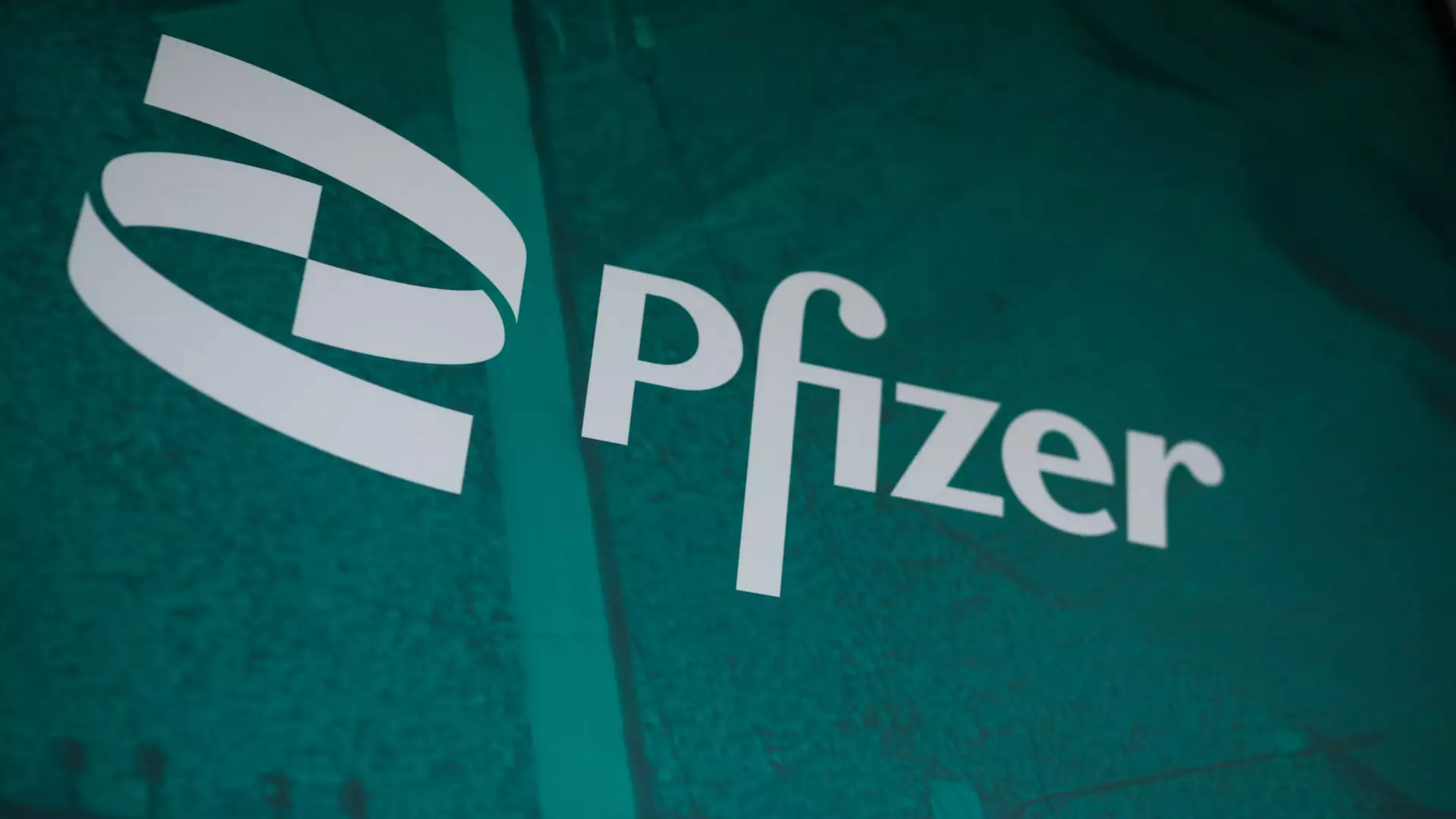Cancer cachexia is a complex syndrome characterized by severe weight loss, muscle wasting, and a significant decline in quality of life for patients affected by cancer. It is not merely a result of decreased food intake due to illness but is a multifactorial condition involving metabolic disturbances triggered by malignancies. Affecting nearly 9 million people globally, this debilitating condition is particularly devastating, with an alarming prognosis; studies suggest that around 80% of cancer patients diagnosed with cachexia will succumb to their disease within a year. The implications of cachexia extend beyond just physical decline—patients often experience heightened fatigue and diminished capability to engage in everyday activities, leading to significant emotional and psychological distress.
The National Cancer Institute defines cachexia in cancer patients as a loss of at least 5% of body weight within six months, accompanied by substantial symptoms like fatigue and a marked decrease in appetite. This insidious condition complicates cancer treatment modalities and is associated with lower survival rates, making an urgent case for effective therapeutic interventions.
Pfizer has made significant strides in addressing cancer cachexia with the introduction of ponsegromab, a monoclonal antibody that has shown promising outcomes in midstage clinical trials. In a recent announcement, the pharmaceutical giant provided evidence that patients receiving ponsegromab exhibited marked improvements in body weight, muscle mass, overall quality of life, and physical functionality. This compound has the potential to be the first FDA-approved treatment explicitly targeting cancer cachexia, which would represent a monumental advancement in cancer care.
The recent data release at the European Society for Medical Oncology 2024 Congress in Barcelona highlighted promising results from a phase two trial involving 187 participants diagnosed with non-small cell lung cancer, pancreatic cancer, or colorectal cancer—all of whom exhibited elevated levels of growth differentiation factor 15 (GDF-15). This protein is associated with appetite regulation and has been identified as a key player in the development of cachexia.
Participants in the trial received varying doses of ponsegromab, with those receiving the highest dosage of 400 milligrams showing a significant 5.6% increase in body weight after a 12-week period. The data revealed incremental effects with lower dosages as well, with 200-milligram and 100-milligram cohorts experiencing weight gains of approximately 3.5% and 2%, respectively. According to Pfizer, experts categorize a weight gain exceeding 5% as clinically meaningful for cancer patients experiencing cachexia.
Charlotte Allerton, Pfizer’s head of discovery and early development, emphasized the drug’s potential to improve not only bodily wellness but also to enhance overall patient management, stating that bettering appetite and physical activity levels might offer new avenues for cancer treatment tolerability. These findings signal a transformative leap in how to approach cancer care, focusing on addressing the quality of life and functional improvements for patients battling weight loss.
The early-stage trial results present a compelling case for further investigation of ponsegromab in late-stage development, and Pfizer has signaled its intention to coordinate with regulatory bodies to accelerate the process. The hope is to initiate further studies aimed at securing official approval by 2025.
Additionally, Pfizer’s commitment to understanding cachexia extends beyond oncology. They are also exploring ponsegromab’s efficacy in a separate phase two trial targeting heart failure patients, who similarly experience cachexia as a complication. This broader investigation into the drug’s applications reflects a growing recognition of cachexia as a substantial condition across various health conditions.
Ponsegromab statistics indicate a breakthrough in managing the debilitating effects of cancer cachexia, presenting critical opportunities for improving patient lives during cancer treatment. The positive trial outcomes showcase Pfizer’s commitment to exploring innovative solutions that address unmet needs within the realm of cancer therapeutics and wellness. As research progresses, the hope is to mitigate the harsh realities of cachexia and enhance the overall quality of life for countless patients worldwide.

